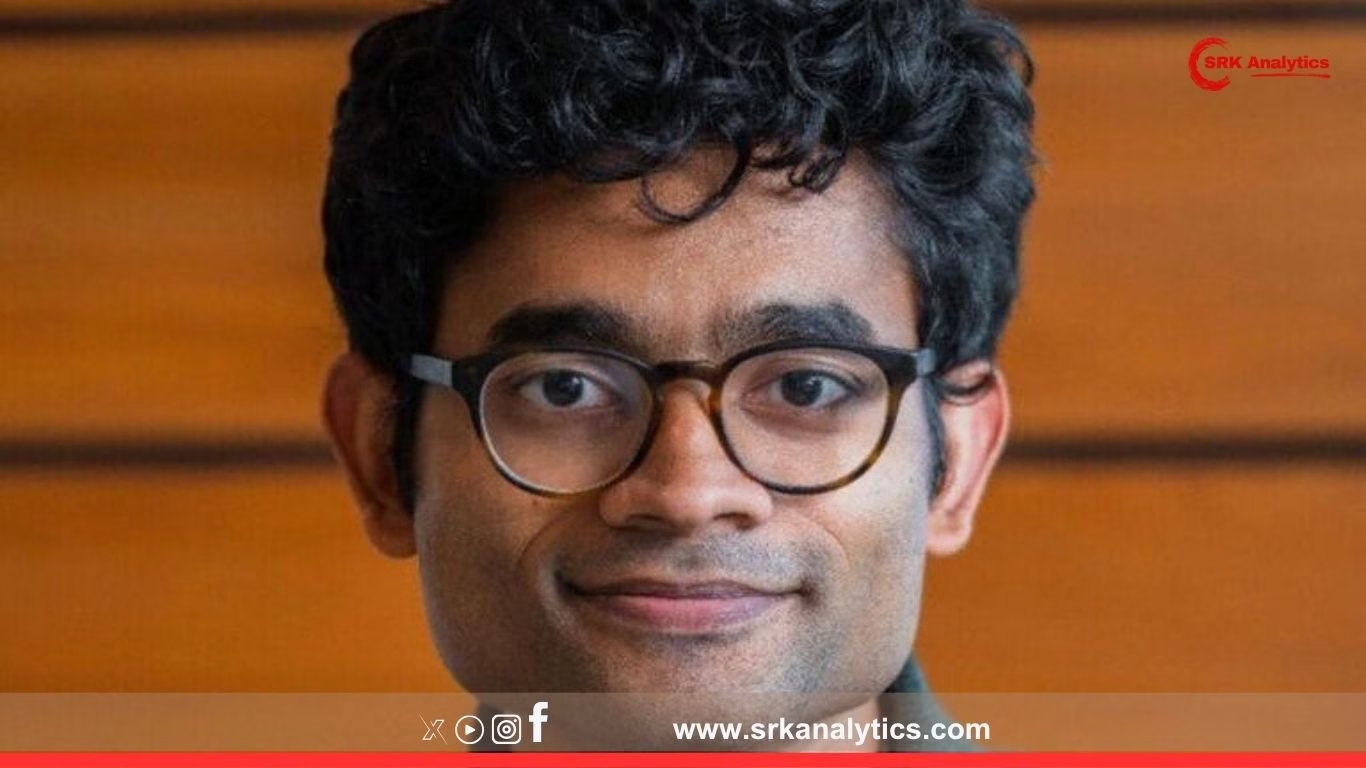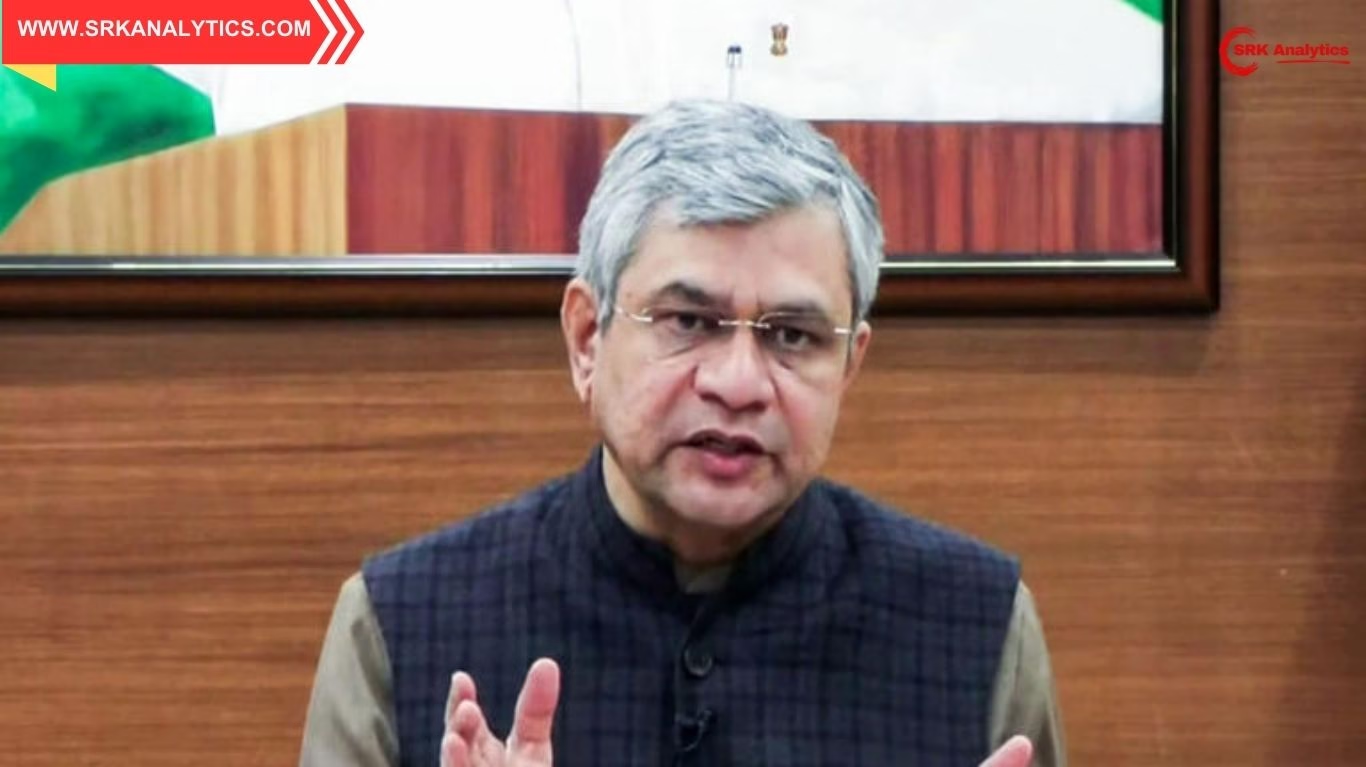Varun Mohan, the Indian-origin co-founder and CEO of AI startup Windsurf, is facing intense scrutiny after abruptly leaving the company to join Google’s DeepMind. The move came just days before a $3 billion acquisition deal with OpenAI was expected to close, triggering a wave of criticism from investors, industry leaders, and social media users. The fallout has sparked a broader conversation about founder ethics, loyalty, and the future of leadership in high-stakes tech ventures.
The Collapse of a Landmark Deal
Windsurf, a fast-growing AI startup known for its agentic IDE platform Cascade, was reportedly in advanced talks with OpenAI for a $3 billion acquisition. The deal would have marked one of the largest exits in the AI infrastructure space. However, just as negotiations neared completion, Mohan and co-founder Douglas Chen resigned from Windsurf and licensed its core technology to Google in a separate $2.4 billion agreement.
The sudden departure left Windsurf in disarray. Over a tense weekend, the remaining team scrambled to secure a last-minute acquisition by rival AI firm Cognition. Jeff Wang, the newly appointed CEO of Windsurf, described the rescue as “crazy,” highlighting the urgency and chaos that followed Mohan’s exit.
Industry Reaction: A Breach of Trust?
The backlash was swift and fierce. Venture capitalist Vinod Khosla publicly condemned Mohan’s actions, stating on X, “Windsurf and others are really bad examples of founders leaving their teams behind and not even sharing the proceeds. I definitely would not work with their founders next time.” Cognition CEO Scott Wu echoed the sentiment, calling Mohan’s move a violation of the “unspoken covenant” that founders should stay with their teams through critical transitions.
Social media erupted with criticism, with users branding Mohan a “generational villain.” One post read, “Founders cashing out while the team’s left behind isn’t just bad form—it’s long-term reputation damage.” Another user added, “The original Windsurf leadership team jumping ship to join Google with cherry-picked employees and leaving most of the team behind is unconscionable. Deeply unethical.”
Windsurf’s Rise and Strategic Importance
Founded in 2021 by Mohan and Chen, Windsurf quickly gained traction for its AI-powered development tools. Cascade, its flagship IDE, allowed developers to write, test, and refactor code with AI assistance, onboarding over a million users within four months. The startup raised $243 million in funding and reached a $1.25 billion valuation, becoming one of Silicon Valley’s fastest-growing AI unicorns.
The company’s rapid ascent made it a prime acquisition target. OpenAI’s interest was driven by Windsurf’s proprietary GPU virtualization technology and its scalable agentic coding infrastructure. The collapse of the deal has now shifted attention to Google’s DeepMind, which absorbed key Windsurf talent and technology.
Windsurf’s Financial Snapshot Before the Exit
| Metric | Value (USD Million) | Notes |
|---|---|---|
| Total Funding Raised | 243 | Across Series A to C rounds |
| Valuation (Pre-Exit) | 1,250 | Unicorn status confirmed |
| Cascade IDE Users | 1.2 million | Within four months of launch |
| Revenue (Q2 2025) | 78.4 | Driven by enterprise licensing |
| Net Loss (Q2 2025) | 32.1 | Typical for growth-stage AI |
Varun Mohan: The Man Behind the Controversy
Born in Sunnyvale, California, to Indian immigrant parents, Varun Mohan was raised with a blend of Indian cultural values and American innovation. He attended The Harker School in San Jose and later earned dual degrees in Electrical Engineering and Computer Science from MIT. His early career included stints at Quora, LinkedIn, Samsung, and Nuro, where he served as Lead Software Engineer.
Mohan’s technical expertise and entrepreneurial drive led him to co-found Windsurf, initially branded as Codeium. His contributions to AI-powered developer tools are widely recognized, and he is considered a pioneer in agentic IDEs. Despite the controversy, Mohan’s move to Google DeepMind positions him at the forefront of AI-driven software development.
Ethical Debate: Loyalty vs. Strategic Exit
The Windsurf saga has reignited debates around founder responsibility. Critics argue that Mohan prioritized personal gain over team loyalty, undermining the trust that fuels startup ecosystems. Others suggest that the decision to join Google was a strategic pivot in a rapidly evolving AI landscape.
Y Combinator CEO Garry Tan defended Mohan, stating, “He and his team don’t deserve to be dragged. In the long term, their decision to sell will be vindicated.” Tan’s comments reflect a more nuanced view, acknowledging the pressures founders face in balancing vision, execution, and exit strategies.
Lessons for the Startup Ecosystem
The Windsurf episode offers several takeaways for founders, investors, and employees:
- Transparency Matters: Sudden exits without communication can erode trust and damage reputations.
- Team Equity and Inclusion: Ensuring fair distribution of proceeds is critical to maintaining morale and ethical standards.
- Founder Accountability: The “unspoken covenant” of leadership during crises remains a cornerstone of startup culture.
- Strategic Timing: Exits should align with long-term value creation, not short-term personal gain.
What’s Next for Windsurf and Mohan?
Under new leadership, Windsurf is now part of Cognition, which plans to continue developing Cascade and expand its enterprise offerings. Mohan, meanwhile, is expected to lead AI infrastructure initiatives at Google DeepMind, focusing on scalable developer tools and agentic systems.
While the controversy may linger, both Windsurf and Mohan are likely to remain influential players in the AI ecosystem. The saga underscores the complexities of leadership in high-growth tech ventures and the delicate balance between innovation, ethics, and ambition.
Disclaimer: This article is based on publicly available information and does not constitute financial or investment advice. All figures are estimates and subject to change.











